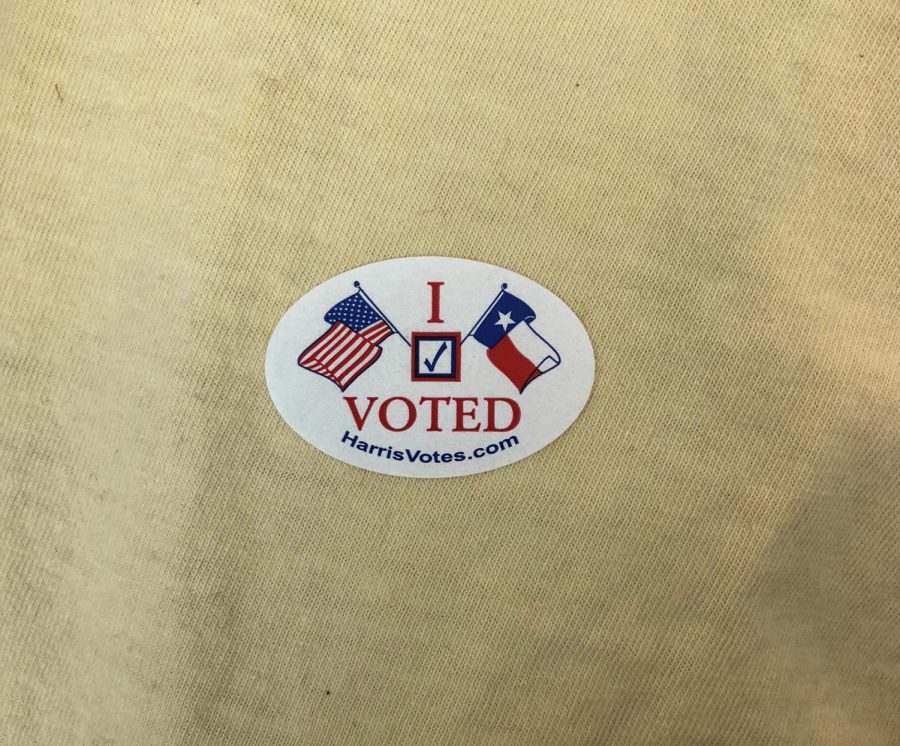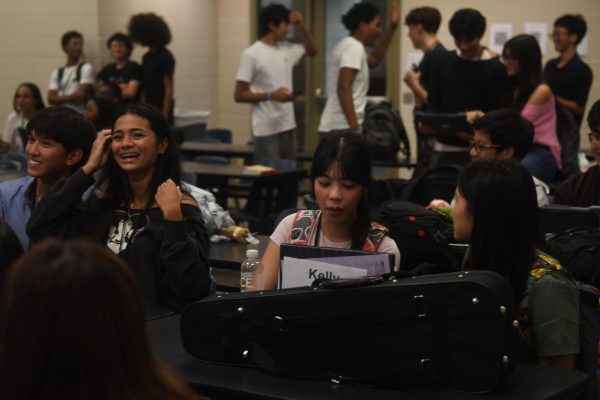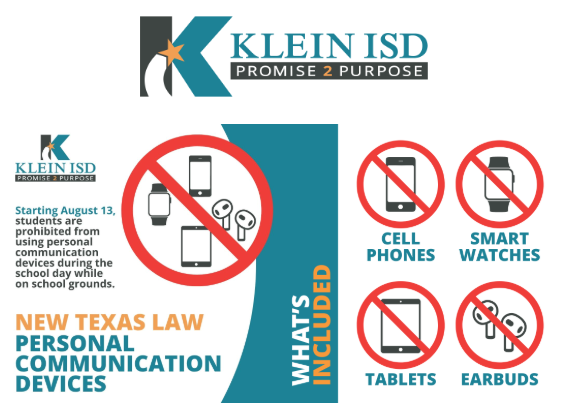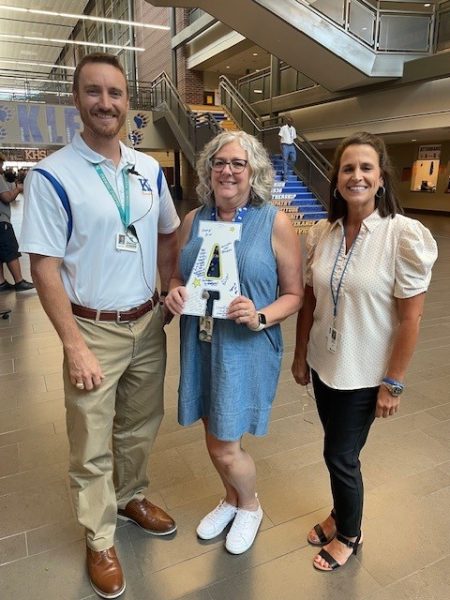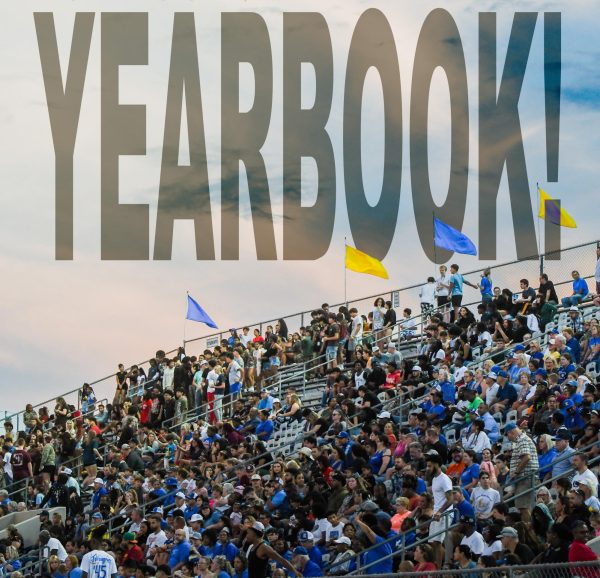Young Voters & Their Impact on the Future
With the Texas November mid-term election coming closer as the days go by, there is one thing everyone sees more and more of: young voters wanting to make a difference. With so many advertisements reaching young adults, primarily 18-21-year olds, should people that young be able to vote?
One topic a lot of people have about young voters is their opinion being taken into consideration when making decisions. Actually, a couple of students have a say in what they thought about their opinions being shared about their involvement in the election.
“Our opinions matter as well, and we also want to be able to change what we think might be best for the country”, senior Kennedy Cochran said.
Going even younger than the legal age, there are some people who are invested in politics at a young age and can’t wait to vote.
“Your vote is your opinion and if you can vote then vote, with younger voters each opinion young and experienced every vote counts.” Sophomore Michael Williams said.
” “So yeah, I think young voters should be able to vote, and I can’t wait to be able to.” Gun violence is a topic I want heard and changed because with the gun laws we have now, there isn’t enough restriction for safety.
With young voters, politics will see what every age variety has to offer. Each audience has their own opinions and concerns for just about everything.
“I do believe that each voter should have the ability to vote, each age range has their own opinion that others might not have which will target more problems to solve in the end”, Wendy Porter said.
Over the years young voting has gone up and down. The website “Child Trends” showcases statistics and facts covering how young voters have acted in recent years.
The ages of 18 to 24 were reported higher in the 2008 presidential election, (Obama vs. McCain) since 1972 and the proportion registering to vote was the highest since 1992. However, those figures were lower in the 2016 election, at 39 and 51 percent, respectively. According to the site, for nonpresidential elections from 1974 to 2014, the proportion of youth who were registered to vote remained steady, at 39 to 42 percent; the percentage of youth who voted decreased from 1982 to 1998, from 25 to 17 percent.
With elderly adult voter’s future not being with the politics of the many more years, young voters could and are highly encouraged to make a difference for their future. This is evident by advertisements on platforms targeted for younger viewers such as social media and television.
“Yes, it’s their future, government teacher Jon Benignus said. “Old people, also known as seniors, can vote. They should be voting for their grandchildren, young voters are voting for their future. Teenagers learn how to drive at 16, now that you finished high school, you get the keys to the nation. Voting is like the car keys. If you don’t vote, you just don’t exercise your right.”
Your donation will support the student journalists of Klein High School. Your contribution will allow us to purchase equipment and cover our annual website hosting costs.


